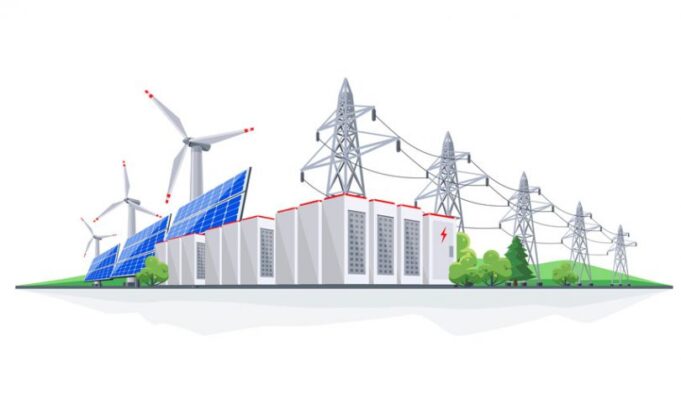
Transformative Applications of Blockchain In The Energy Sector
Last updated on April 16th, 2024 at 09:36 am
The global demand for electricity is rising every year as the population of urban areas is rapidly increasing worldwide. These areas account for roughly 70% of the global CO2 emissions and hence, they must be controlled. The use of blockchain technology can solve many potential challenges imposed on the energy sector. Several government bodies have created sustainable city initiatives to enhance the energy-efficiency, with blockchain as the key platform.
Blockchain apart from fueling rapid progress within the energy market bridges the supply-demand electricity gap. Moreover, it improves the microgrid technologies and makes an enormous contribution to energy-storing, renewable energy, electric cars and more. Let’s explore the significance of blockchain technology in the energy sector and its transformative applications.
Blockchain in Energy Sector
Over recent years, there has been a substantial rise in the demand of complex energy management systems. It is because of the intermittent flow of renewable energy into the grid, enabling customers to connect new equipment for the production, storage, and consumption of energy. Diverse business entities use blockchain development services in different ways. A majority of them use private blockchain and public blockchain networks. Most of these projects involve “peer-to-peer” energy transactions and crypto-based offers on electricity. However, the diverse range of applications also covers use-cases like the management of electric vehicles (EV) charging, or renewable energy certificates. Let’s briefly discuss some practical applications of blockchain technology in the energy sector.
Microgrids
Microgrids significantly improve the traditional electricity supply models with a series of localized grids that operate autonomously. Microgrids use local energy sources including the local power generators, wind turbines, and solar energy systems to serve people living in remote areas. Further, they can sell their surplus energy production back to peers in the microgrid, on a pay-per-use basis.
Blockchain plays an important role in this transformation of electric supply with a distributed ledger built on top of a peer-to-peer energy network (microgrid). It provides a secure and reliable platform to create, validate, and record energy transactions on a decentralized energy system.
Besides, the relatively low costs enable smaller energy producers to sell excess energy to their peers in the grid. It increases their market share as well as grid efficiency.
Sustainability
The most recent applications of blockchain in the energy sector are in recording trade attributes of sustainability. The present-day systems available to track such attributes are centrally managed, complex, and more prone to fraud instances. Furthermore, the compartmentalization of platforms causes disruptions in trading of attributes across different areas. A decentralized blockchain-based network provides accurate, transparent, and seamless tracking and trading of these attributes. It accelerates the deployment of clean energy and significantly reduces carbon emission levels.
Blockchain-based Data Storage and Contract Management
Blockchain-based smart contracts are effective at enabling seamless cooperation between consumers and energy suppliers. Complex administrative routine is tiresome for customers and quite costly for suppliers. For instance, changing the energy provider requires customers to close the remaining contract and create a new one which is also time-consuming. Blockchain can simplify and streamline the operations, enabling clients to close deals with the suppliers in a short period of time. It will expedite the process and make the energy retail market more competitive.
Another benefit of using blockchain technology in the energy sector is the simplified data audit and secure data storage. Moreover, it will significantly reduce the instances of cybercrime. In addition, the blockchain database simplifies the review process and improves the management of renewable power and controls emission allowances.
Blockchain’s Impact On The Oil and Gas Industry
The implementation of blockchain in oil and gas trading will reduce costs associated with the maintenance of various trading systems. Besides, it can also reduce costs associated with labor management, data visibility, shipment processes, settlement issues, and intersystem communications. An enterprise blockchain company, BTL Group, recently conducted a pilot test with ENI, BP, and Wein Energie. The test results provided that blockchain, when used in tracking oil and gas trades, reduced the overall costs by 30-40%.
Conclusion
Despite multiple challenges that may arise during blockchain adoption, this technology can significantly benefit the energy sector like reservoir simulation tool. Implementing blockchain technology increases network transparency which is an advantage for supervisory bodies and regulators. From microgrid projects to large-scale cross-border energy trading, the inherent security and transparency of blockchain have extensive applications across the power sector.
